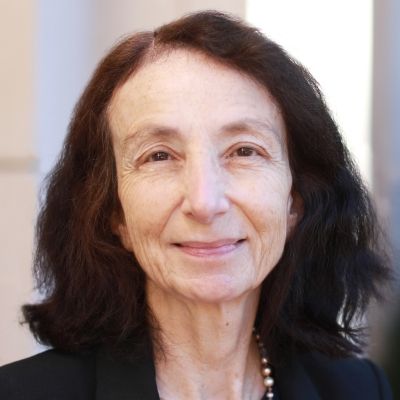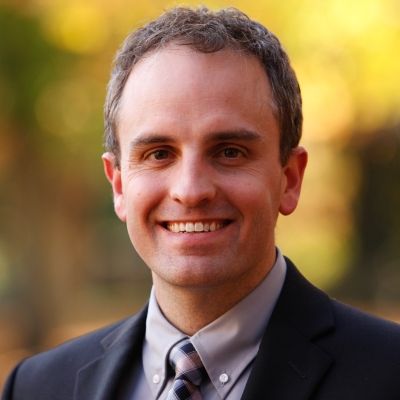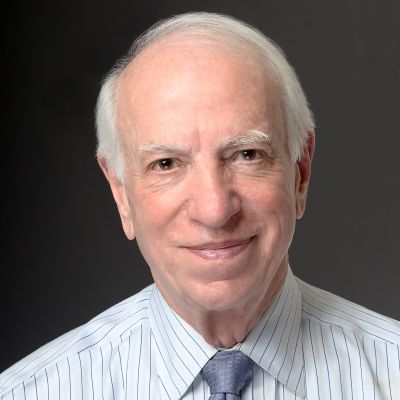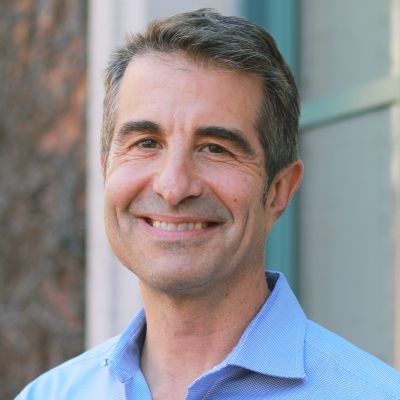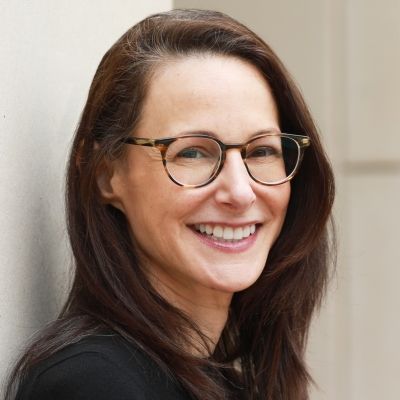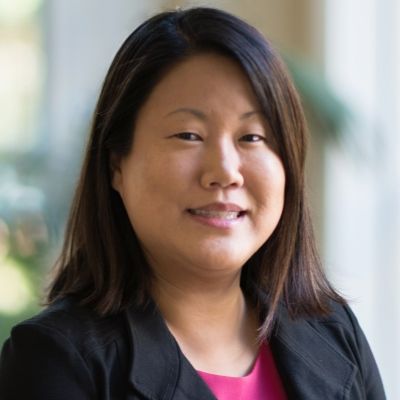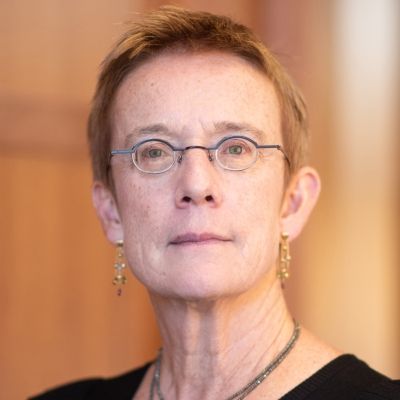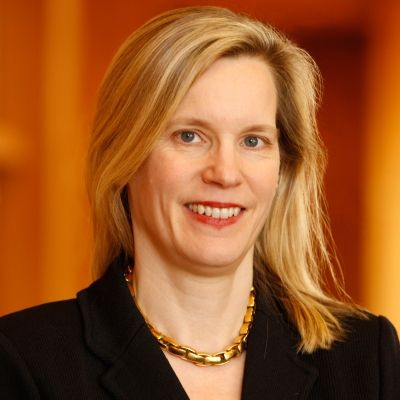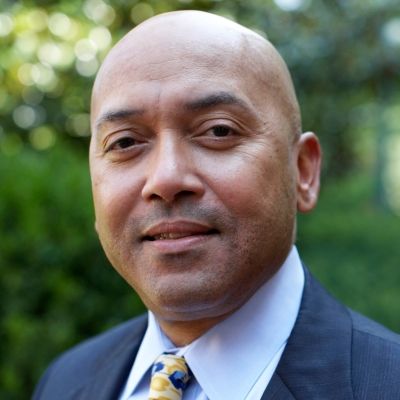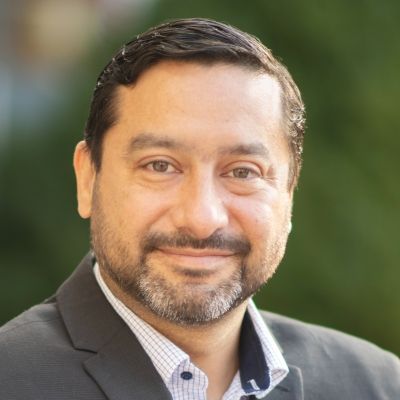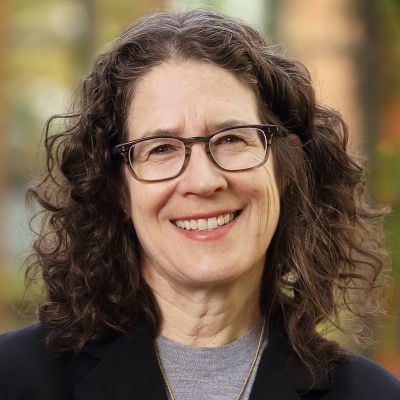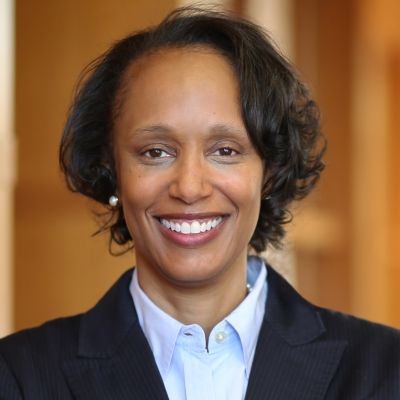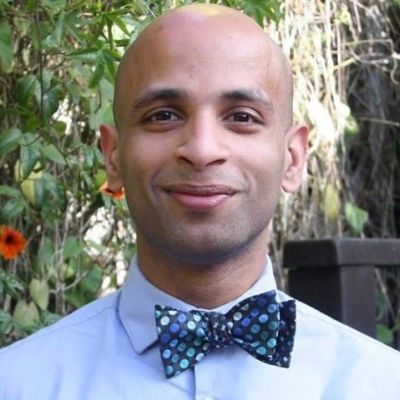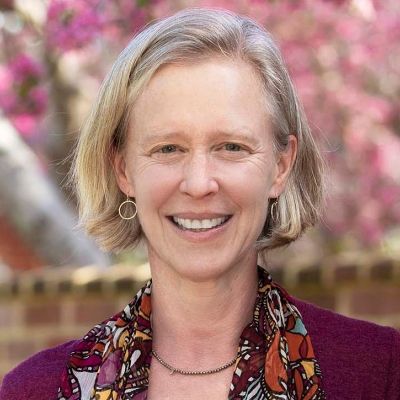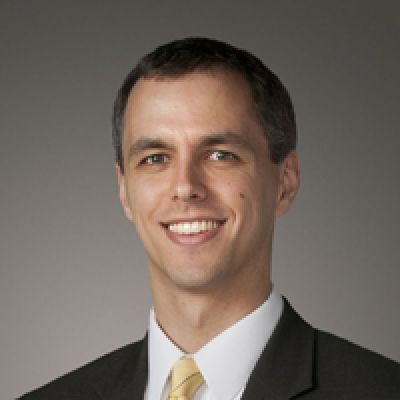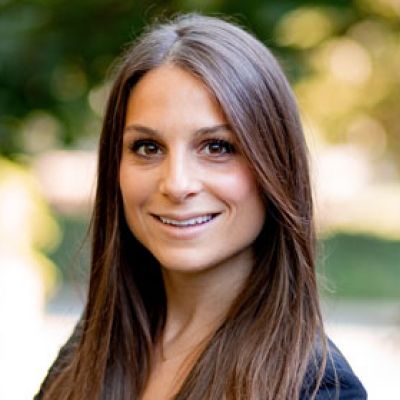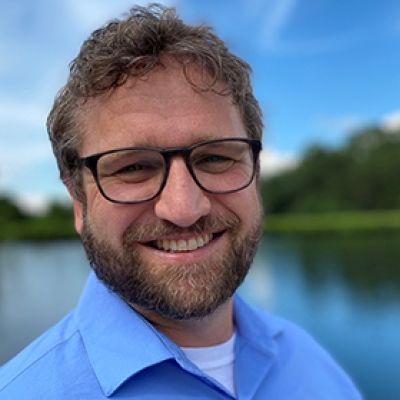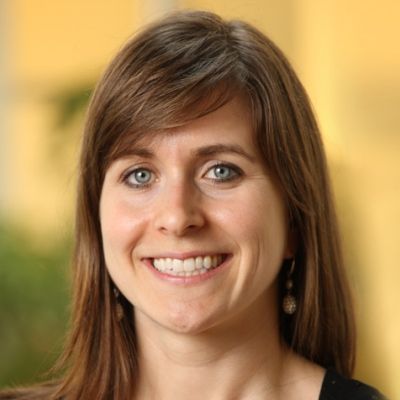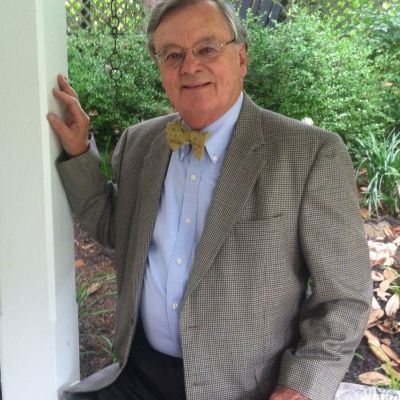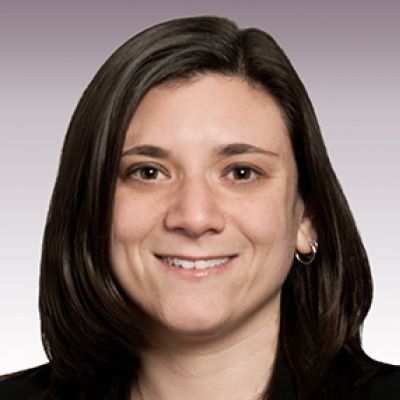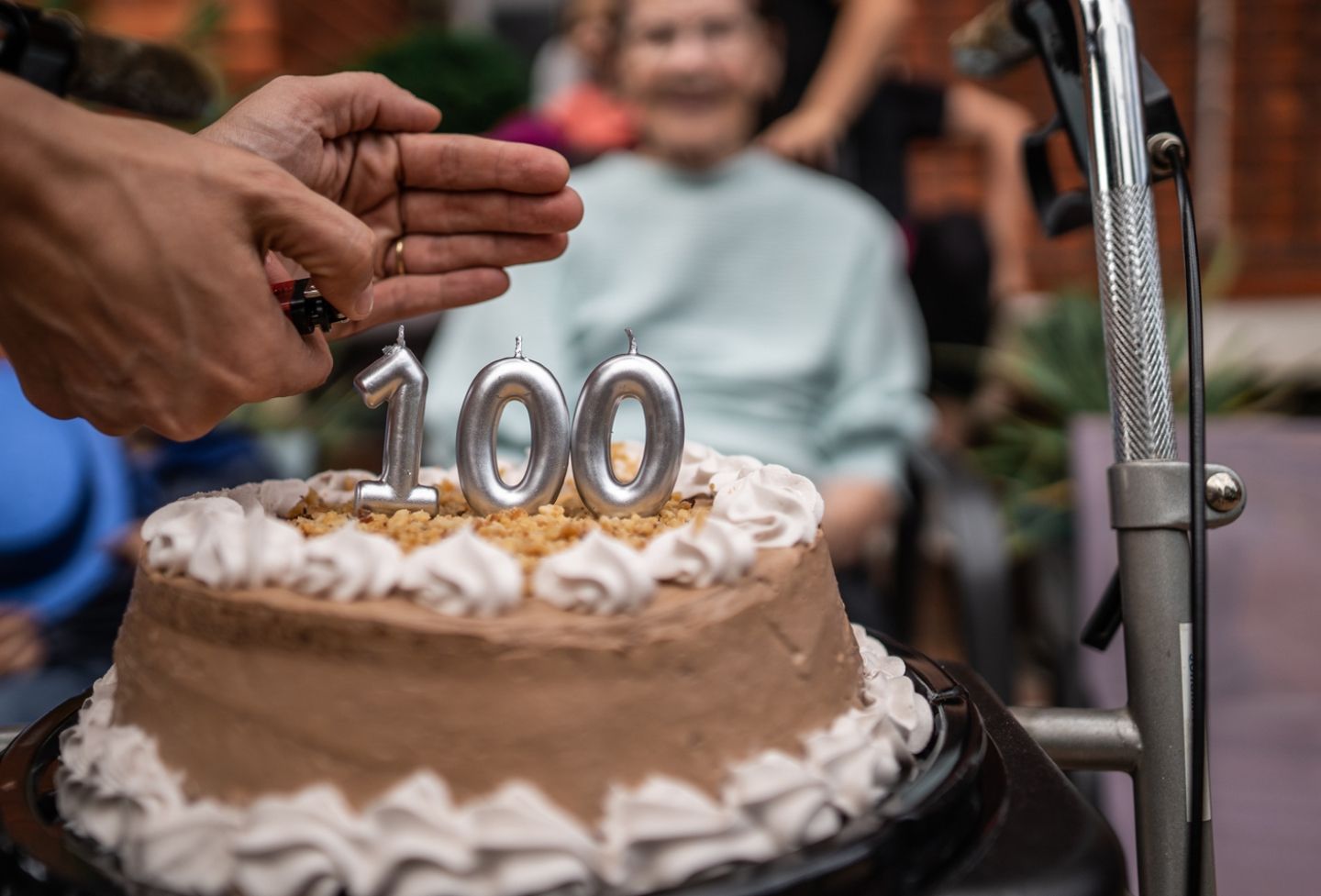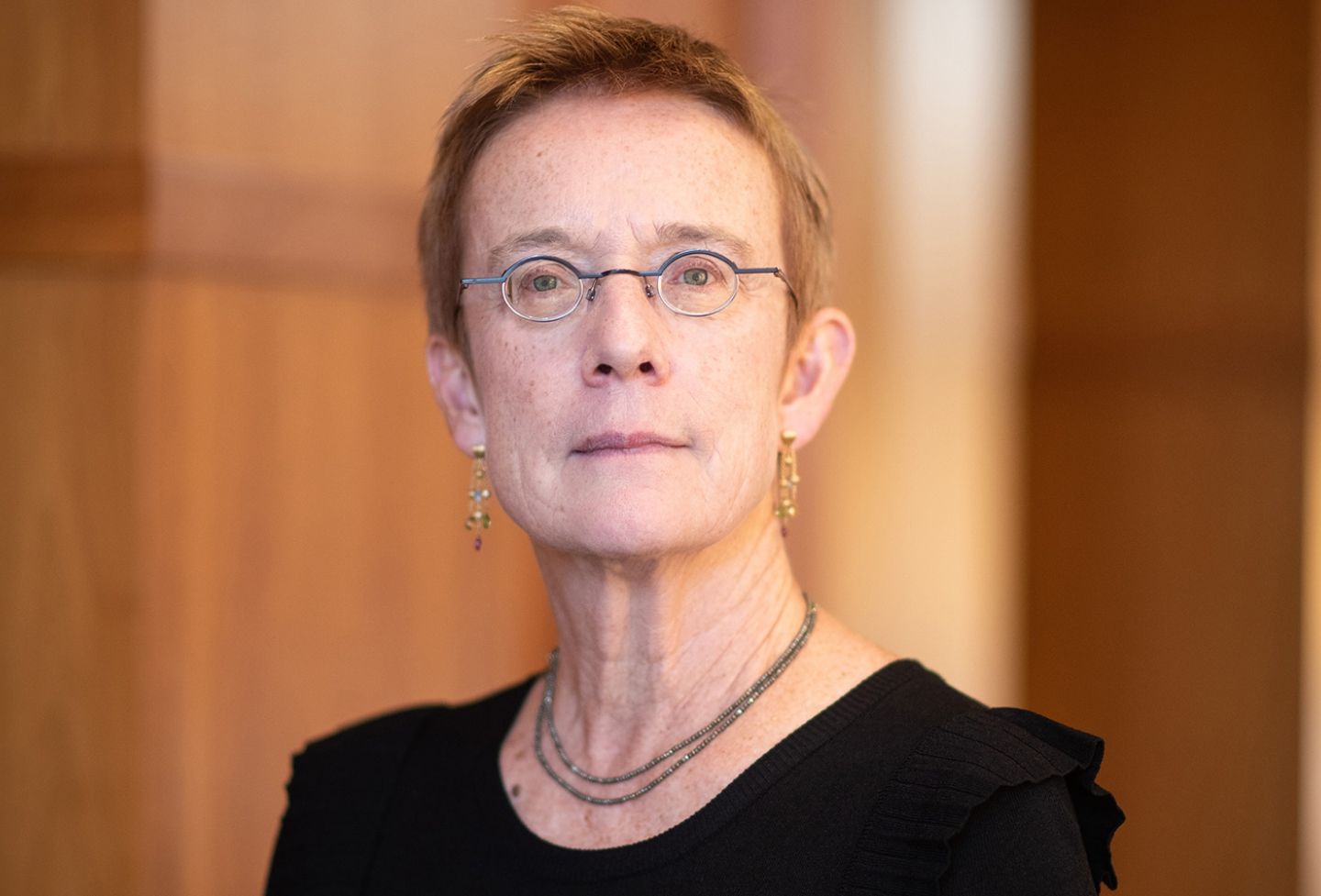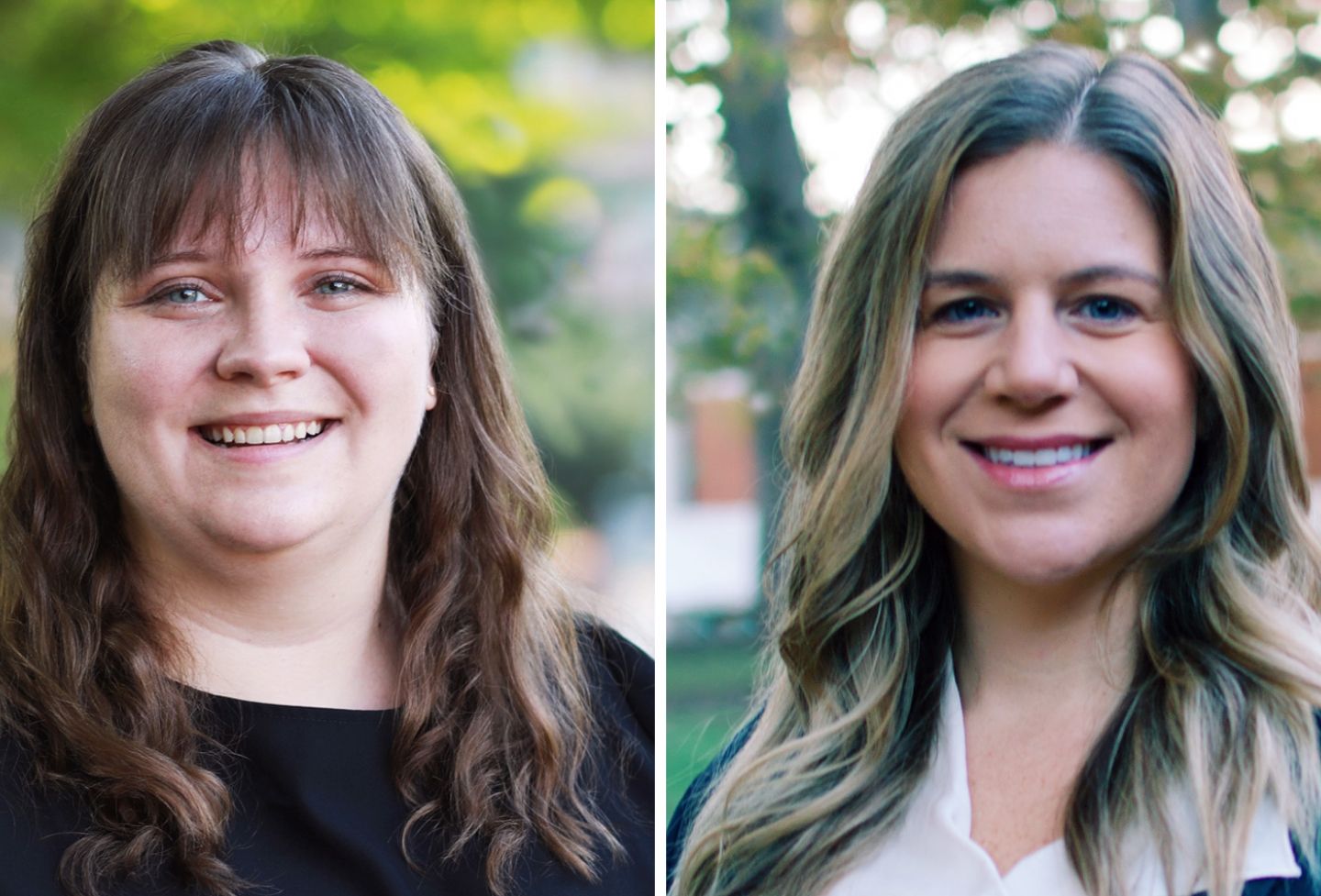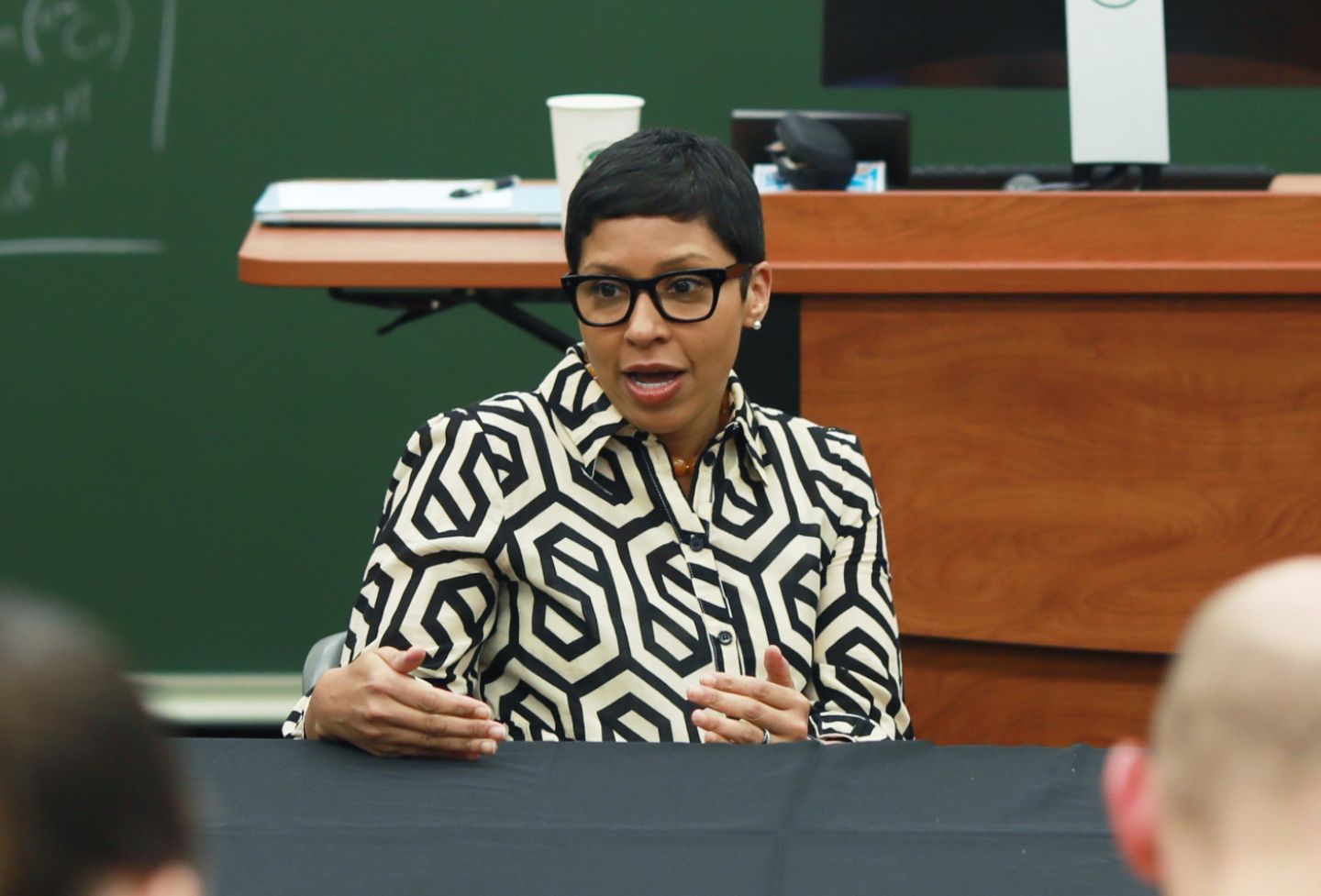About the Program
Family law raises questions of social justice with profound personal significance: Who is a parent? Who can marry? What are the rights of nonmarital couples? Who can get an abortion? Legal regulation of family life can set the financial terms of divorce, determine a person’s immigration status, or remove a child from the home for abuse or neglect.
In exploring family law's practical and policy issues at Virginia, students benefit from outstanding law school classroom teaching combined with clinical experience, skills training, scholarly inquiry and interdisciplinary collaboration. Family law faculty are involved in research and policy work that profoundly affects the law at the local, regional and global levels, and students have the opportunity to become involved in those activities as well.
UVA Law faculty bring their distinctive insights to complex issues such as: how should the law intervene in adult intimate relationships; how should the law regulate markets for assisted reproductive technology; how should states reform the juvenile justice systems to strengthen children and families; who should qualify as a family member in wealth transfer law; and how should the law respond to family-based vulnerabilities at the intersections of race, gender, sexuality, class, religion and age.
The UVA Family Law Center will create opportunities to cultivate and exchange premiere family law scholarship through lectures and symposia.
June Carbone
This Article considers the interaction between marriage, households, and public welfare-type benefits. In light of constant cultural and media...
Singlehood is becoming an increasingly important social identity category. Thousands of people are members of Facebook groups such as I am my Own...
June Carbone
The pathway to stable and secure middle-class status involves two elements: the ability to postpone family formation to facilitate human capital...
More
Family law is for young people. To facilitate child rearing and help spouses pool resources over a lifetime, the law obligates parents to minor...
Barbara Ann Atwood
In 2021 the Uniform Law Commission (ULC) gave final approval to the Uniform Cohabitants' Economic Remedies Act (UCERA). The Act provides a framework...
More
As this Essay shows, the fertility discourse of the last half century deals with the profound effects that come from the transformation of the economy...
More
Faculty Director(s)
Naomi R. Cahn
Justice Anthony M. Kennedy Distinguished Professor of Law
Armistead M. Dobie Professor of Law
Co-Director, Family Law Center
Gregg Strauss
Class of 1966 Research Professor of Law
Director, Family Law Center
June Carbone
This Article considers the interaction between marriage, households, and public welfare-type benefits. In light of constant cultural and media...
Singlehood is becoming an increasingly important social identity category. Thousands of people are members of Facebook groups such as I am my Own...
June Carbone
The pathway to stable and secure middle-class status involves two elements: the ability to postpone family formation to facilitate human capital...
More
Family law is for young people. To facilitate child rearing and help spouses pool resources over a lifetime, the law obligates parents to minor...
Barbara Ann Atwood
In 2021 the Uniform Law Commission (ULC) gave final approval to the Uniform Cohabitants' Economic Remedies Act (UCERA). The Act provides a framework...
More
As this Essay shows, the fertility discourse of the last half century deals with the profound effects that come from the transformation of the economy...
More
Barbara Atwood
This article reviews the legal status of nonmarital cohabitation in the United States. The recognition of cohabitants’ claims in the United States has...
June Carbone
A series of Supreme Court decisions recognize the end of the federal-state-corporate partnership that once provided a foundation for employment...
This draft book chapter, prepared as part of a symposium on The 100-Year Life by Linda Gratton and Andrew Scott, reflects on the future of family law...
This Article examines one form of property rights available to a surviving spouse, the elective share. The elective share serves as an override to a...
June Carbone
In Blumenthal v. Brewer, the Illinois Supreme Court held that it would not enforce an alleged agreement between a nonmarital couple that centered on...
This article addresses a significant challenge to federal Indian law currently emerging in the federal courts. In 2013, the Supreme Court suggested...
Clustered Regularly Interspaced Short Palindromic Repeat Associated System (CRISPR-Cas9) is evolving as a multi-faceted technology that can help in...
Imagine you and your two-year old child move in with your parents, and you rely on them to care for her while you work several jobs at odd hours...
This casebook captures the rapid evolution of doctrine, introduces students to emerging policy debates, and explores issues that arise in family law...
In an increasing number of states, divorce presumptively renders an ex-spouse ineligible to benefit from the testator’s will. Divorce may also impact...
This Article considers the impact of changing family structures on aging in contemporary America. It looks at two critical and interrelated aspects of...
Collecting personal data is a feature of daily life. Businesses, advertisers, agencies, and law enforcement amass massive reservoirs of our personal...
In an increasing number of states, divorce presumptively renders an ex-spouse ineligible to benefit from the testator’s will. Divorce may also impact...
June Carbone
This Article makes two basic points. First, the three-parent family is here. Once states accept that parenthood does not depend on either biology or...
June Carbone
In this article, we contrast the roles of intent, function, biology and marriage in establishing legal parenthood, focusing on differences between...
June Carbone
This article was written as a contribution to the Fordham Law Review Symposium entitled Moore Kinship. It examines the various Supreme Court opinions...
June Carbone
Now that the Supreme Court has reshaped the laws of marriage, attention is shifting to nonmarriage. The law no longer treats intimate couples who do...
Does a liberal state have a legitimate interest in defining the terms of intimate relationships? Prominent theorists have answered this question “no”...
This casebook captures the rapid evolution of doctrine, introduces students to emerging policy debates, and explores issues that arise in family law...
This article addresses the legal regime that affects donor-conceived family communities. It shows how these new relationships both reinforce and...
June Carbone
In this article we use the idea of the 'marriage divide' to describe the transformation of the family to meet the needs of the information economy and...
Amy Ziettlow
The wealth transmission process is of great concern to many senior citizens in the United States. The American wealth transmission process is designed...
This book review of Catherine Ross's Lessons in Censorship places issues involving the free speech rights of public school students in the context of...
June Carbone
Can alimony be saved? Historically, alimony protected women's dependence during marriage. The most fundamental challenge for its continuation...
This is a book review of Intimate Associations: The Law and Culture of American Families by Herbie DiFonzo & Ruth Stern. In the first section of the...
June Carbone
This article argues that much of what has been described as “the end of men” is in fact the recreation of class. Greater inequality among men and...
June Carbone
This article evaluates the relationship between workplace equality and the technology of egg freezing, which allows women to “bank” their eggs until...
June Carbone
The Article analyzes the role of class in family structure and family law. Building on Jacobus ten Broek’s classic articulation of a “dual system” of...
June Carbone
As this brief online essay observes, the litigation that produced the Supreme Court 2013 decision in Adoptive Couple v. Baby Girl demonstrates why we...
June Carbone
The marital presumption is deeply rooted in Anglo-American law: a husband and wife are assumed to be the father and mother of any child born during...
The President is correct that marriage historically has been the province of the states. But that fact hardly insulates state marriage laws from equal...
This casebook captures the rapid evolution of doctrine, introduces students to emerging policy debates, and explores issues that arise in family law...
Over the past century, the Supreme Court has articulated numerous doctrines that protect family privacy. These doctrines are not, however, well-suited...
A fairly substantial amount of literature has been generated over the years regarding the forms of masculinity that emerge in times of armed conflict...
Marriage has long been a symbol of union – between husband and wife, a compact between the couple and the community concerning support for children...
This article begins the task of assessing polygamy as a moral ideal. The structure of traditional polygamy, in which only one central spouse may marry...
June Carbone
While child support calculations have become a matter of routine, the parental determinations, on which they rest, have not. Marriage once served as a...
This article suggests that knowledge derived from adoption-related research and experience can be used to improve law, policy and practice in the...
June Carbone
The battle for the future of assisted reproduction technologies (ART) has been joined. The tacit compromise underlying assisted reproduction - no laws...
This casebook captures the rapid evolution of doctrine, introduces students to emerging policy debates, and explores issues that arise in family law...
This book focuses on the dilemmas of applying conflicting values to egg and sperm donation, arguing that the law must develop an integrated approach...
This article calls for setting limits on the number of offspring born from any one individual's gametes, and for continuing to sanction incest, even...
The “Option of Adoption Act,” a Georgia law that was introduced by a staunchly anti-abortion Georgia state representative, establishes procedures for...
June Carbone
The political attention paid to moral values - in the context of the high profile fights over abortion, homosexuality, and abstinence education - has...
This essay provides an overview of federal involvement in foster care, starting with the 1909 White House Conference on Dependent Care, to show the...
Central to every legal system is the principle that certain items are off-limits to commercial exchange. In theory, babies are one such sacred...
June Carbone
"Deep Purple" examines the impact of religion on the politics and jurisprudence of abstinence education. Abstinence education is one of the many...
Based on contemporary privacy law, this entry discusses two different aspects of family privacy: (1) the marital relationship and (2) the parent-child...
This casebook captures the rapid evolution of doctrine, introduces students to emerging policy debates, and explores issues that arise in family law...
This paper, written for a symposium on The Mind of a Child, examines two different aspects of the accountability of children: those children who are...
The state's claim that it can represent children's interests plays a significant role in defining the structure of families, the relationships within...
There are estimates that 3.3 to 10 million children are exposed to domestic violence in their homes annually. For many children, this exposure results...
While most children grow up in their families of origin with at least one of their parents, what happens when the parents die or are incapacitated...
Joan Heifetz Hollinger
Since the mid-19th century, American law has recognized adoption as a way to create parent-child relationships. As the product of law, rather than...
Michael Selmi
This symposium article critiques the emerging literature on caretaking, a literature that concentrates on the need to create policies that would...
Perfect Substitutes or the Real Thing? traces the development of adoption law, using recent scholarship in history and sociology as well as nineteenth...
June Carbone
This article addresses the role of the genetic tie in the parent-child relationship through three lenses. First, we argue that the legal system...
The article examines the nature of marriage and the expectations of husbands and wives in nineteenth century America by analyzing trial reports of...
This Article proposes a solution to resolve the legal issues that arise from the disposition of eggs, zygotes, and sperm upon divorce or death. I...
This essay focuses on the relationships between children, unknown donors, and biological parents. It argues that children deserve access to...
Jean C. Murphy
In this article we sketch an overview of the increasing federal involvement in the child-support area. Because the federal role has grown so...
The purpose of this Note is to question whether racial matching by courts and child-placement agencies serves the best interests of Black children...
Resident Faculty
Resident Faculty
Family law, trusts and estates, feminist jurisprudence, reproductive technology, and aging and the law
Psychiatry and criminal law, mental health law, bioethics, public health
Juvenile justice, child advocacy, state and local government law
Privacy, First Amendment, feminism and the law, civil rights, administrative law
Special education, child advocacy and juvenile justice
Criminal law, feminist jurisprudence and women's issues
Property, corporations and land conservation, nonprofit organizations
Contracts, property and real estate; critical race theory
International human rights law, Inter-American human rights system, business and human rights, transitional justice
Affirmative action and equal protection, constitutional law and theory
Education law, Civil rights, Affirmative action, Desegregation and integration, Race, Sexual discrimination and harrassment
Special education, child advocacy and juvenile justice
Domestic relations and family law
Health policy, LGBTQ rights
Children and the law, state and local policy, special education, juvenile justice
Affiliated Faculty
Robert Emery, Psychology
Emery’s research focuses on children, families, and psychological processes of special importance to families such as adopting a systems perspective, grieving relationship loss, emotional pain and parenting across two homes.
Charlotte Patterson, Psychology
Patterson’s research focuses on the psychology of sexual orientation, with an emphasis on sexual orientation, human development and family lives.
W. Bradford Wilcox, Sociology
The director of the National Marriage Project at UVA, Wilcox focuses on marriage, fatherhood and cohabitation, especially on the ways that family structure, civil society and culture influence the quality and stability of family life in the United States and around the globe.
Living to age 100 — once the territory of the Guinness Book of World Records — is about to become a lot more common. To prepare, Americans will need to adapt laws revolving around family and relationships, according to Naomi Cahn, co-director of the Family Law Center at the University of Virginia School of Law.
Courses and Seminars
The following is a list of courses offered during 2021-24. Numbers in parentheses indicate which academic year(s) the courses were offered, i.e., 2021-22 is coded (22), 2022-23 is coded (23) and 2023-24 is coded (24). (SC) stands for short course and (YR) stands for yearlong.
International and Comparative Family Law (SC) (23)
Juvenile Justice Seminar (22)
Parental Choice in K-12 Education (SC) (23)
Practical Trust and Estate Administration (22,23,24)
Reproductive Ethics and Law (SC) (22,23,24)
Therapeutic Justice and the Evolving Role of Specialty Courts (22,23)
Trusts and Estates (22,23,24)
Youth Justice Practicum (SC) (24)
Juvenile Justice Seminar (22)
Parental Choice in K-12 Education (SC) (23)
Practical Trust and Estate Administration (22,23,24)
Reproductive Ethics and Law (SC) (22,23,24)
Therapeutic Justice and the Evolving Role of Specialty Courts (22,23)
Trusts and Estates (22,23,24)
Youth Justice Practicum (SC) (24)
Clinics
Holistic Youth Defense Clinic (22,23,24)
Housing Litigation Clinic (YR) (23,24)
Litigation and Housing Law Clinic (YR) (22,23)
Youth Advocacy Clinic (YR) (22,23,24)
Law professor Anne Coughlin is co-directing the Sound Justice Lab, a new interdisciplinary initiative at the University of Virginia focusing on gender justice.
Professor Kimberly Jenkins Robinson describes the school’s offerings in the education law field. This session was part of UVA Law’s 2022 Admitted Students Open House.
Clinics
Child Advocacy Clinic
In the yearlong clinic, offered in conjunction with the JustChildren Program of the Legal Aid Justice Center, students represent low-income children in the context of education and the justice system. This clinic is focused on addressing the legal needs of Virginia’s low-income children and youth both through individual client representation and broader reform efforts such as local and state policy advocacy, impact litigation and community education. Though most of the legal work will involve the representation of clients in the juvenile justice system or children being denied legally mandated educational opportunities, students may also represent children in cases involving immigration, services for incarcerated children, mental health and developmental disabilities law, and foster care and social services law. Clinic clients are often those youth most at the margins, and students will gain exposure to and a deeper understanding of the impact of race, poverty, disability and system-involvement on Virginia’s youth. More
Civil Rights Clinic
Students work on cases that have potential to provide real and concrete relief and legal support to people and communities that have been harmed by the criminalization of poverty and other forms of discrimination or deprivation of rights. Students provide direct representation to clients as well as participate in impact advocacy, including: complex litigation in federal court, legal support for community education and organizing, administrative advocacy, and legislative and policy advocacy. This yearlong clinical course is offered in partnership with the Legal Aid Justice Center, and course meetings are held onsite at the firm. More
Health and Disability Law Clinic
Students in this yearlong clinic represent clients in a variety of legal matters pertaining to the health needs of low-income clients. These needs include public benefits claims (including Medicaid, Social Security, Medicare and other benefits); insurance coverage; obtaining access to mental health or rehabilitative services; and seeking justice for the mistreatment of seniors and those with disabilities in various contexts. This yearlong clinical course is offered in partnership with the Legal Aid Justice Center, and course meetings are held onsite at the firm. The classroom component provides a forum for students to learn mental health, disability, public benefits, medical debt and elder law pertinent to the cases they are handling, as well as for the discussion of practice and ethical issues arising in those cases. More
Holistic Juvenile Defense Clinic
This semester-long clinic provides students an opportunity to practice holistic and zealous lawyering by representing juvenile clients on delinquency matters, as well as related school discipline and special education matters, in order to help keep youth in their homes, schools and communities with appropriate supports. Law students handle cases from the initial intake to the case disposition and subsequent appeal (if any).
Litigation and Housing Law Clinic
This clinic teaches and develops trial skills (including trial exercises) using housing law as the substantive vehicle, and qualified students also appear and argue in local courts under the direction of a clinic supervisor. This yearlong clinical course is offered in partnership with the Legal Aid Justice Center, and course meetings are held onsite at the firm. The caseload includes trials, administrative proceedings and interaction with low-income clients. Students handle eviction cases, rent escrow cases, abatement of substandard building conditions and other enforcement of residents' rights. More
Clinic students at the University of Virginia School of Law worked with lawmakers to draft the Virginia Literacy Act, which was recently signed into law.
UVA Law professor Kimberly Jenkins Robinson discusses her co-edited book “The Enduring Legacy of Rodriguez: Creating New Pathways to Equal Educational Opportunity,” in which scholars also propose federal, state and local reforms. Professor Richard Schragger moderated the event, which was part of the 2023 Virginia Law Review Online symposium, “50 Years After San Antonio Independent School District v. Rodriguez: New and Old Fights for Equity in Public Schools.”
Extracurricular
Students have an opportunity to engage in issues relating to families, gender and sexual orientation outside of the classroom through a range of extracurricular activities.
Academic Journal
Virginia Journal of Social Policy & the Law
This student-edited law journal publishes articles exploring the intersection of law and social policy issues. Recognizing the significance of the law and legal institutions on social conditions, the journal provides a forum in which to examine contending legal, judicial and political perspectives. Among the issues the journal addresses are: health care policy, welfare reform, criminal justice, voting rights, civil rights, family law, employment law, gender issues, education and critical race theory. Journal Website
Student Organizations
Advocates for Life at Virginia Law
AFL brings together law students eager to protect the fundamental right to life and fosters balanced and open discussion about the issue in the legal community. AFL educates and trains law students about the jurisprudence of a pro-life ethic, the attacks on the right to life and the best strategies to protect women and children from abortion and the vulnerable from embryo-destructive research, assisted suicide and euthanasia. By building a culture of courage and support among pro-life law students and lawyers, AFL promotes a legal environment that values and upholds the dignity of human life.
Child Advocacy Research and Education
CARE brings together law students interested in taking a legal approach to issues affecting children, including education, juvenile justice, foster care and immigration. Through partnerships with local and national children’s law and advocacy organizations and CARE-generated projects, we assist in the direct representation of children and strive for broader systemic change through policy research and advocacy.
Domestic Violence Project
The Domestic Violence Project is a pro bono project led by law students. DVP addresses the problem of domestic violence both directly (through pro bono service) and indirectly (through educational efforts to raise awareness and understanding of the issue). DVP educates the Law School community about issues of domestic violence through speakers, discussion panels, films and other events. DVP volunteers also monitor domestic violence-related criminal justice proceedings in Charlottesville, Albemarle and several other surrounding jurisdictions through the Shelter for Help in Emergency's Court Monitoring Program, and assist the Commonwealth's Attorney Offices of Charlottesville and of Albemarle in their prosecution of domestic violence cases by interviewing victims of domestic violence through the Commonwealth's Attorney's Project. In addition, DVP participants volunteer for the Central Virginia Legal Aid Society Pro Bono Domestic Violence Project, organize police ride-alongs and more.
Feminist Legal Forum
The Feminist Legal Forum is dedicated to advancing feminist discussion and awareness at the Law School, and provides a place for law students to examine legal issues that affect women, clarify what feminism means to young lawyers, and unite to eradicate sexism in the legal profession and within the Law School.
If/When/How: Lawyering for Reproductive Justice at UVA Law
If/When/How is a pro-choice, pro-information student organization that educates, organizes and supports law students to ensure that a new generation of advocates will be prepared to protect and expand reproductive rights as basic civil and human rights. It is the organization’s position that reproductive justice will exist when all people can exercise the rights and access the resources they need to thrive and to decide if, when and how to create and sustain their families with dignity and free from discrimination, coercion or violence.
Lambda Law Alliance
Lambda Law Alliance provides an academically and socially supportive network for members of sexual minorities and their allies enrolled in the Law School. The organization also heightens awareness throughout the Law School, as well as the University community, about legal issues relevant to sexual minorities. Lambda informs the community of its interests and concerns and pushes for the expansion of equal civil rights for all.
Virginia Law Families
Virginia Law Families supports and promotes the interests of students facing the challenges of attending law school while raising children. Among its primary objectives are promoting social interaction and the sharing of information, including among both current and prospective parents. Issues of specific concern include child care, medical resources and family activities or community events, with particular emphasis on low-cost options to help those on a tight budget. Virginia Law Families also supports the Law School admissions staff by encouraging individuals with families to apply for admission and attend the School of Law, and by serving as an information resource for potential attendees.
Virginia Law Women
VLW is primarily designed to support and promote women in their endeavors and to understand their unique challenges by providing forums for them to interact with faculty, administration and other students; providing opportunities to create social networks with their fellow members; and exposing members to women working in professional, legal capacities.
Women of Color
Women of Color provides social support to the diverse population of women at the Law School; promotes the welfare of its members through educational, professional, cultural, social and community service programs; and provides a forum for the discussion of issues affecting women of color in the Law School and the University community as a whole. Women of Color organizes service projects and fundraisers benefiting the University community and the greater Charlottesville-Albemarle community, social gatherings to promote fun and friendship, and open communication and involvement with the administration, professors, other student organizations and the undergraduate community.
Terry Allen, whose scholarship focuses on the role of police in schoolchildren’s lives, is the first Race, Place and Equity Fellow at the University of Virginia School of Law.
Professor Melissa Murray of the New York University School of Law delivers the keynote address for the symposium “Dobbs and Democracy.” UVA Law professor Bertrall Ross moderated the discussion. The event was co-sponsored by the Journal of Law & Politics and the Karsh Center for Law and Democracy.
VFLQ Writing Competition
The Virginia State Bar Family Law Section and the Virginia Chapter of the American Academy of Matrimonial Lawyers are sponsoring an annual writing competition open to second- and third-year law students attending Virginia and Washington, D.C. law schools. Details
